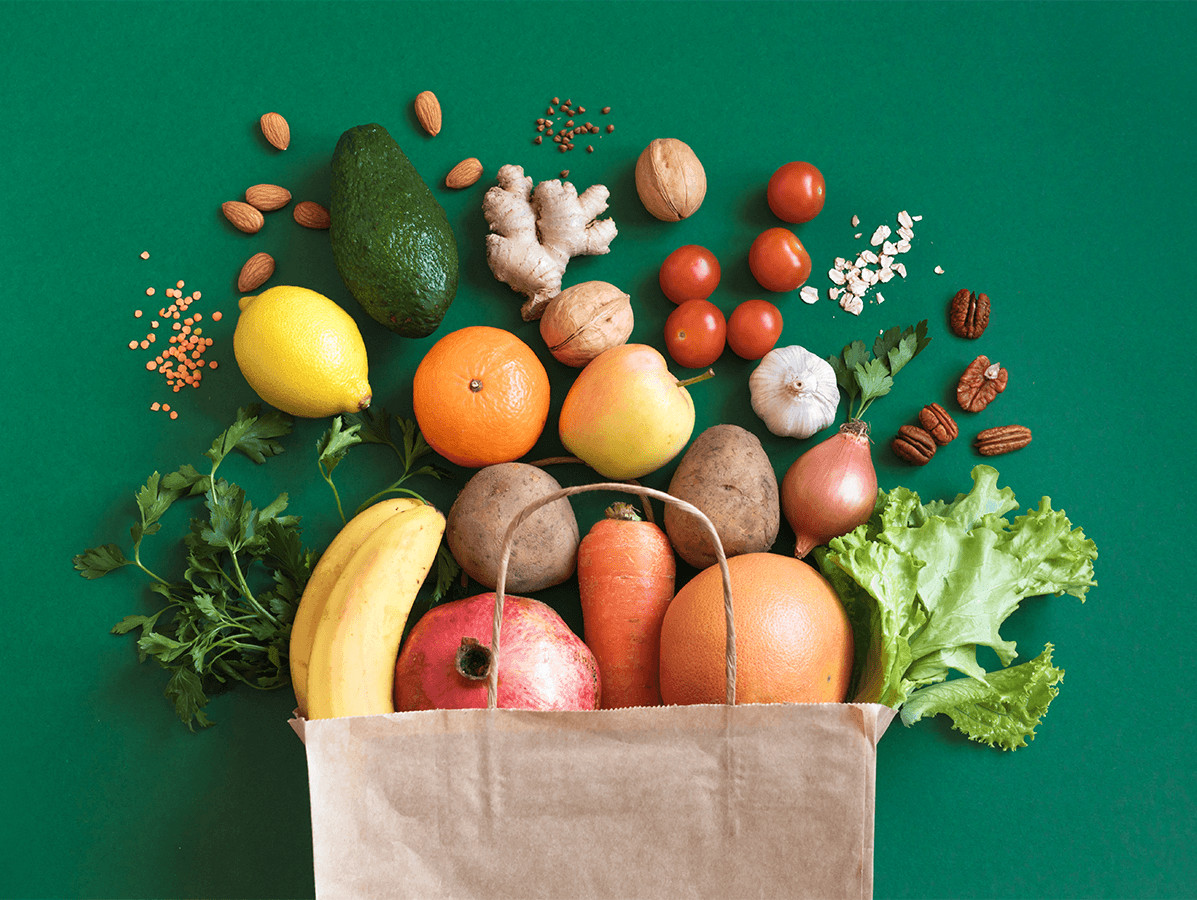
On average, 98.4% of all food, including beverages, offered by supermarkets in the Netherlands in 2020 was sold. 1.6% of the food, expressed in kilograms, did not reach consumers. This means that the amount of food wasted in supermarkets has decreased by 3.6% compared to 2018. This is evident from research conducted by Wageningen University & Research (WUR) on behalf of the Central Food Trade Office (CBL) and the Ministry of Agriculture, Nature & Food Quality under the auspices of the foundation Samen Tegen Voedselverspilling (Together Against Food Waste). Five Dutch supermarket chains participated in this self-report: Albert Heijn, Aldi, Jumbo, Lidl and PLUS. Together they cover almost 80% of the Dutch market.
In order to take targeted measures against waste, it is important to look at waste per product category. The proportion of unsold products in relation to the purchase volumes per product category is as follows:
Despite the higher sales due to COVID-19 in 2020, the amount of food waste in 2020 has definitely decreased compared to 2018. "This shows that the various waste-free initiatives by supermarket organisations are paying off in 2019 and 2020," said Toine Timmermans, director of the foundation Samen Tegen Voedselverspilling. "Supermarkets play an important role in tackling food waste, not only in their own operations, but also throughout the chain. For example, by making sustainable agreements with their suppliers, adjusting quality standards, applying new technologies and raising consumer awareness.
View the infographic 'Self-Monitor Food Waste Retail’ (Dutch only)
Cbl.nl
Source: CBL